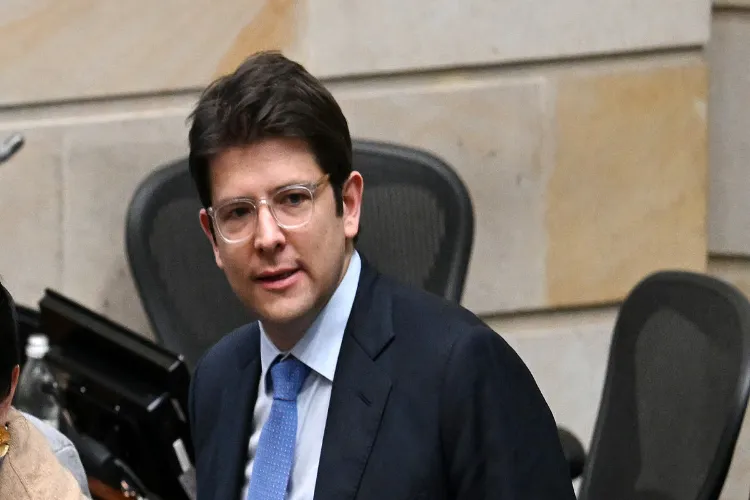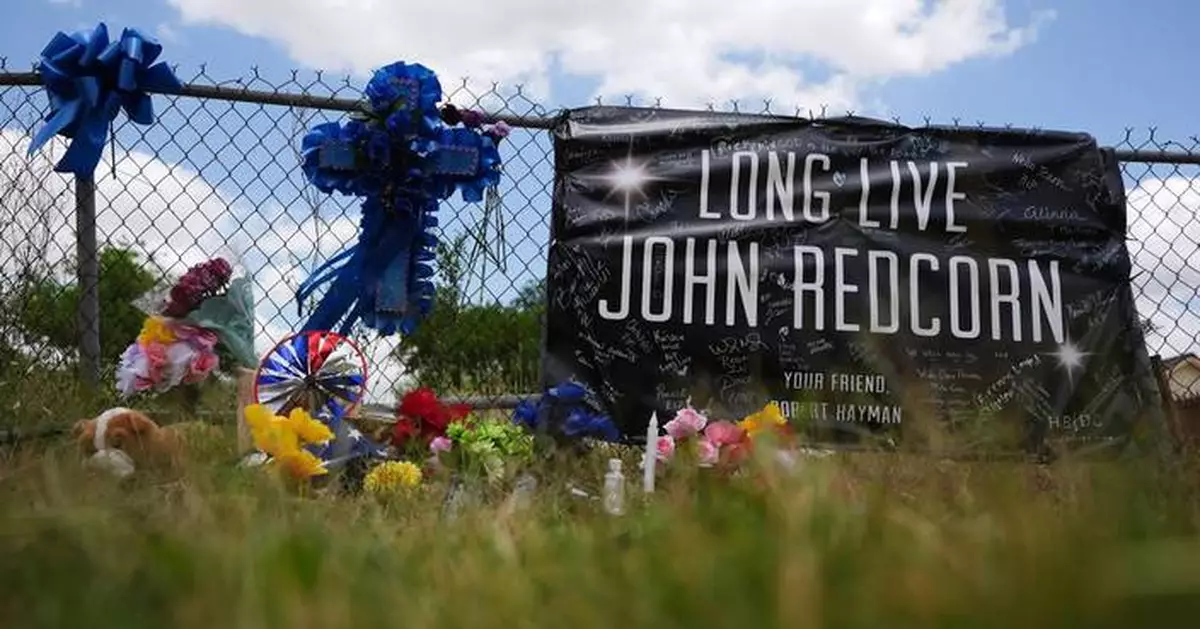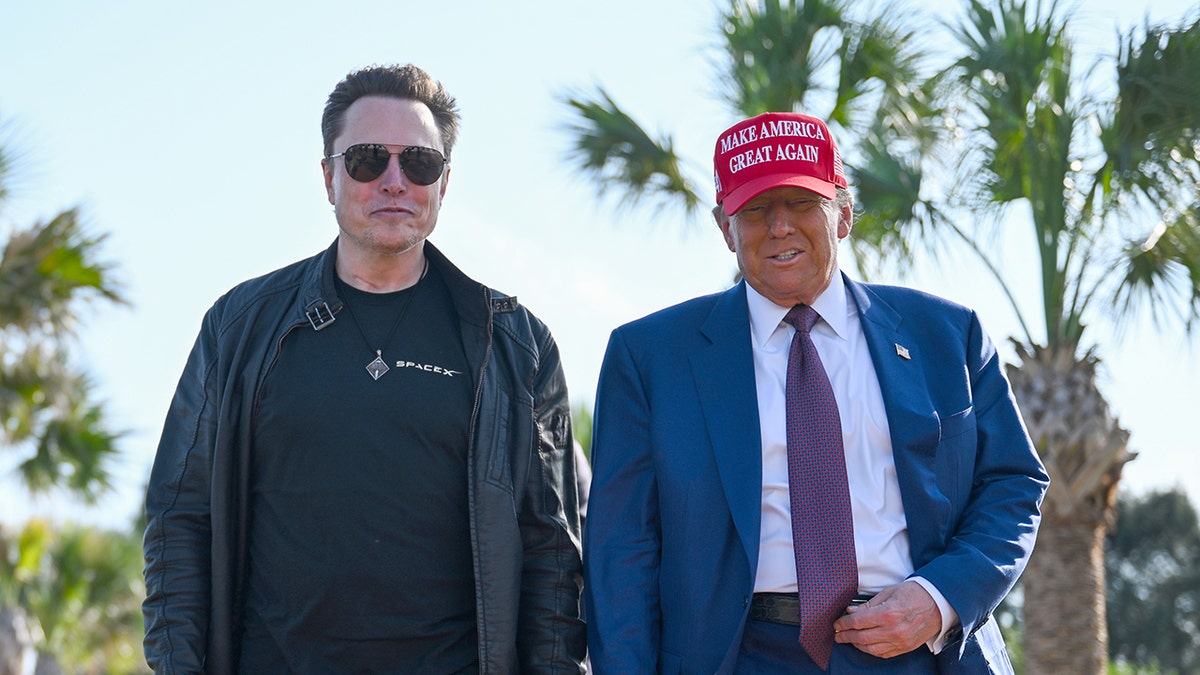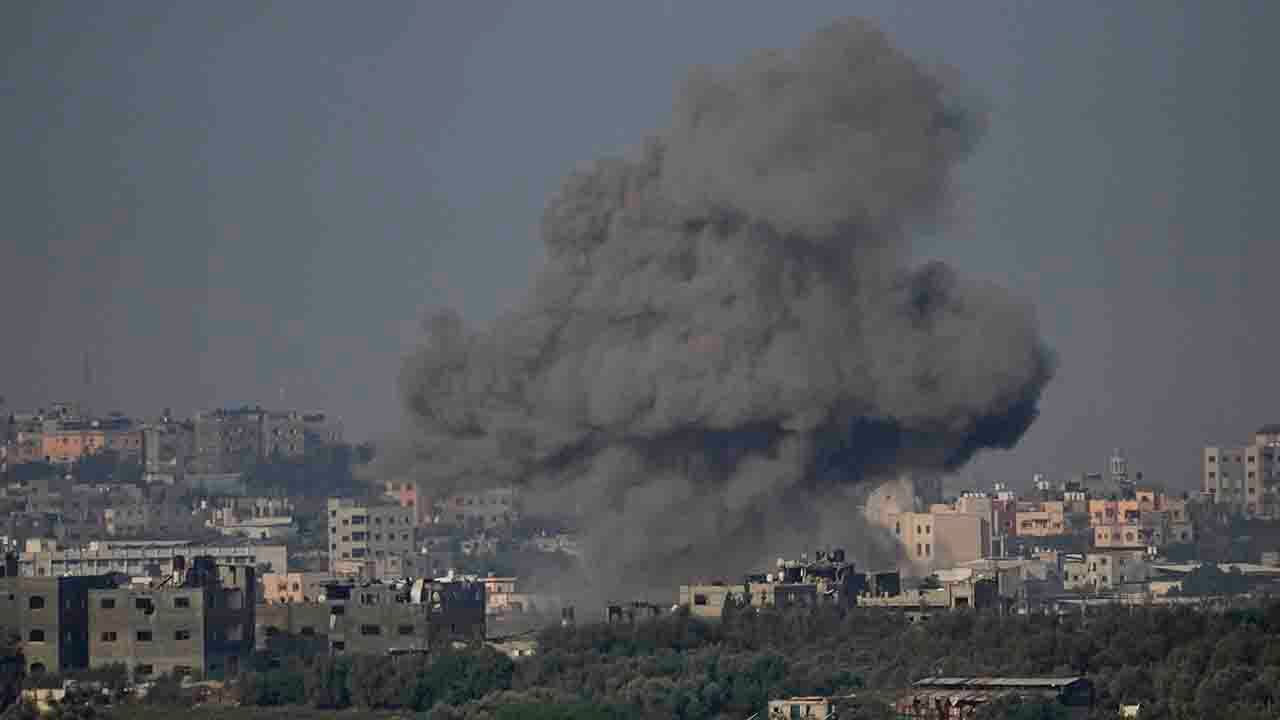Shooting at Campaign Event for Presidential Candidate Uribe Raises Concerns About Safety in Colombia

About the People Mentioned
Miguel Uribe
Miguel Uribe Turbay (1986–2025) was a prominent Colombian politician known for his conservative stance and leadership roles at both local and national levels. Born in Bogotá into a politically and journalistically influential family—he was the grandson of former President Julio César Turbay Ayala and son of journalist Diana Turbay—he pursued studies in law and public policy at the University of the Andes and Harvard University. Uribe began his political career at age 25 when elected to Bogotá's City Council in 2012. He quickly gained recognition, being named "revelation councillor of the year" and later elected president of the council. He was a vocal critic of Bogotá's then-mayor Gustavo Petro. From 2016 to 2018, he served as Bogotá’s Secretary of Government under Mayor Enrique Peñalosa, becoming the youngest person to hold that position. During his tenure, Bogotá saw a slight decrease in homicide rates, though concerns about rising thefts and insecurity persisted. In 2022, Uribe was elected as a Senator representing the Democratic Centre party, becoming the most voted senator on an open list nationwide. He was a leading opposition voice against the leftist government of President Gustavo Petro, focusing on security, press freedom, and the protection of entrepreneurs. In March 2025, he announced his pre-candidacy for the 2026 presidential election within his party. On June 7, 2025, during a political rally in Bogotá’s Fontibón district, Uribe survived a serious assassination attempt when a 15-year-old assailant shot him multiple times. Despite critical injuries and surgery, he remained a significant figure until his death later in 2025. He was married to María Claudia Tarazona and had a son, Alejandro. His family history was marked by tragedy, as his mother was killed in a 1991 kidnapping linked to Pablo Escobar’s cartel[1][2][3][4][6][8].
Carlos Galán
Carlos Fernando Galán is a Colombian politician, journalist, and public servant known for his work in government transparency and anti-corruption efforts. He graduated from Georgetown University with a focus on International Economics and studied government and public affairs at the Externado de Colombia University. He also pursued postgraduate studies in International Affairs at Columbia University. Galán worked as a correspondent and editor for prominent Colombian publications such as Semana, Cambio, and El Tiempo, where his investigative journalism contributed to uncovering political scandals, including the parapolitics crisis[3][4]. In politics, Galán served as a Councilor of Bogotá, winning the largest vote in the city's history for that position. He became a notable opponent of corruption, exposing irregularities in public contracting and helping to uncover the Carousel of Contracting scandal. He was twice recognized as the best Councilor in Bogotá and was named the Most Outstanding Councilor by local journalists[3][4]. In 2011, he ran for Mayor of Bogotá, securing a significant number of votes, though not winning the office. Galán also worked internationally at the Organization of American States (OAS) as an advisor to then-Secretary General César Gaviria between 2001 and 2003, focusing on democratic processes and election observation in Latin America[3][4]. In 2012, he was appointed Colombia’s Secretary of Anti-Corruption and Transparency by President Juan Manuel Santos, a newly created role aimed at combating corruption at the national level. In 2013, he became president of the Radical Change Party and led its Senate list for the 2014 elections[3][4]. Carlos Fernando Galán remains an influential figure in Colombian politics and governance, recognized for his dedication to transparency, democratic strengthening, and journalistic integrity. His career reflects a blend of media expertise and political activism centered on fighting corruption and promoting accountability[3][4].
About the Organizations Mentioned
Colombian national police
The **National Police of Colombia** is the country’s sole civilian police force, tasked with maintaining public order, protecting citizens, and enforcing the law across Colombia. Established officially in 1891 under Law 90 of 1888, it was initially created as a gendarmerie for Bogotá, influenced and trained by French police expertise, reflecting a militaristic and hierarchical structure still evident today[1][2]. Its primary mission has been to uphold constitutional rights, prevent crime, and ensure public tranquility without discrimination. Historically, the Colombian National Police evolved amid intense political turmoil and civil conflict between liberal and conservative factions throughout the 19th and 20th centuries. These conflicts shaped the police’s role as a key institution in managing citizen coexistence and security in a country marked by violence and political unrest[2]. Over time, the force expanded nationwide and became a critical actor in Colombia’s internal security apparatus. In recent decades, the Colombian National Police has undergone significant modernization and reforms, notably launching in 2010 the National Quadrant Policing Model (MNVCC), which integrates community policing, problem-oriented strategies, and evidence-based law enforcement methods inspired by global best practices. However, assessments of this model’s impact on crime rates and public perception are mixed, influenced by political dynamics and data limitations[3]. Currently, the National Police operates under the Ministry of Defense, with the Police Chief appointed by the president. It plays a vital role in combating organized crime, including drug trafficking, human trafficking, cybercrime, money laundering, and environmental crimes, often collaborating internationally through INTERPOL and other agencies to address transnational threats[4]. Notably, the police maintain a strategic operational unit, DIJIN, which leads criminal investigations and international cooperation. The force’s ongoing challenges include balancing rigorous law enforcement with respect for human rights amid Colombia’s complex social and political landscape—making it a pivotal institution in the country’s security and governance framework[4][3].


















